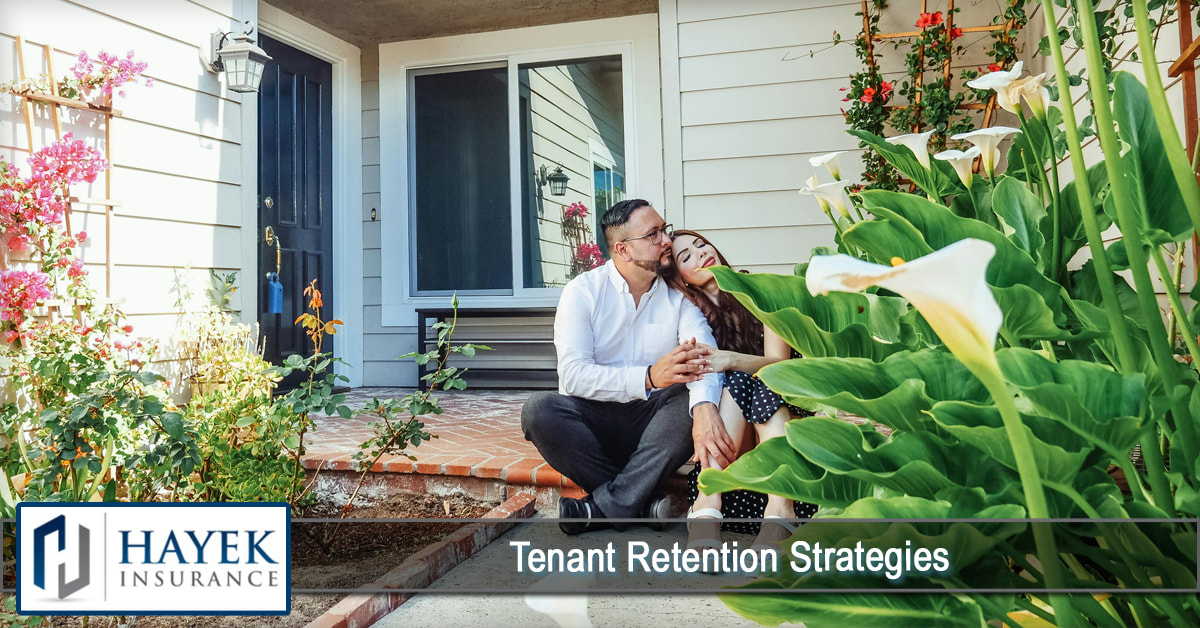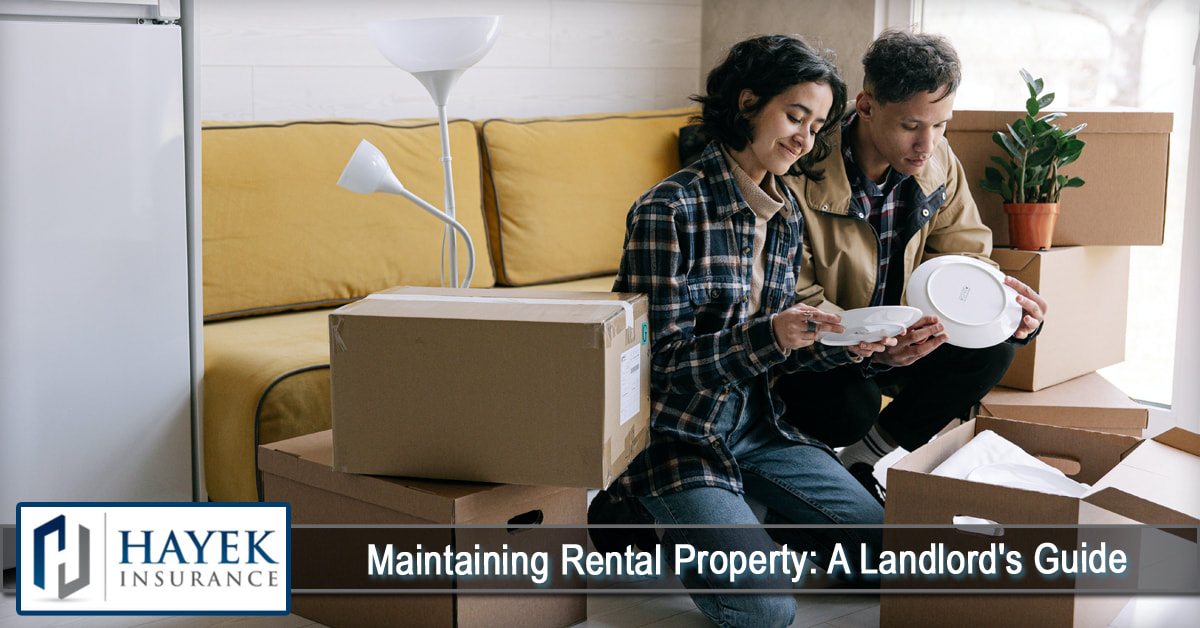Hayek Insurance Blog
|
|
Hosting your property on platforms like Airbnb and VRBO can be a lucrative venture, offering opportunities to earn extra income and connect with travelers from around the world. However, as a host, it's essential to understand the unique insurance needs associated with short-term rentals. While these platforms may provide some level of protection, having the right landlord insurance in place is crucial for safeguarding your property and finances. In this article, we'll explore the essentials of landlord insurance for Airbnb and VRBO hosts to ensure comprehensive coverage and peace of mind.
0 Comments
Tenant retention is a critical aspect of successful property management, as it directly impacts the stability and profitability of rental properties. Retaining quality tenants not only reduces vacancy rates but also minimizes turnover costs and maintains consistent rental income. In this blog post, we'll explore effective tenant retention strategies that landlords can implement to foster positive relationships with tenants, increase satisfaction, and encourage long-term lease renewals.
As a landlord, protecting your rental property and financial interests is paramount. Choosing the right insurance coverage is crucial to safeguarding your investment against potential risks and liabilities. Two key components of landlord insurance are property damage and liability coverage. In this blog, we'll delve into the differences between property damage and liability coverage, explore their importance for landlords, and provide guidance on selecting the appropriate insurance policies to meet your needs.
Whether you're a property owner or a tenant, the choice between short-term and long-term rentals has significant implications for your housing needs and financial considerations. In this blog, we'll delve into the key differences between short-term and long-term rentals, highlighting the pros and cons of each option to help you make an informed decision.
As a landlord, understanding your legal obligations and insurance considerations is crucial for protecting your property and financial interests. From ensuring compliance with rental laws to securing adequate insurance coverage, there are various responsibilities that landlords must fulfill to mitigate risks and maintain a successful rental business. In this article, we'll explore the key legal and insurance considerations that landlords need to be aware of to safeguard their investments and navigate the rental landscape effectively.
Investing in real estate can be a lucrative endeavor, offering a steady stream of income and potential long-term growth. However, managing rental properties comes with its own set of risks and challenges. One of the key tools to safeguard your investment and mitigate these risks is Landlord Insurance.
Landlord-Tenant Communication Tips: Building Stronger Relationships And Protecting Your Investment11/20/2023 Effective communication between landlords and tenants is crucial for a successful rental property experience. Clear and open dialogue can prevent misunderstandings, resolve issues promptly, and ensure a positive relationship. In this blog, we'll provide valuable tips for improving landlord-tenant communication, which not only benefits both parties but can also have implications for Landlord Insurance.
Owning rental property can be a rewarding investment, but it comes with its fair share of responsibilities. Ensuring that your property is well-maintained is not only essential for the satisfaction of your tenants but also for the protection of your investment. In this guide, we'll explore the importance of property maintenance for landlords and how Landlord Insurance can play a crucial role in safeguarding your assets.
Landlord or renter's insurance protects the landlord and rented property. If you're sued or cause damage, liability insurance should pay. Like homeowner's insurance, landlord insurance should protect your investment against fire, lightning, wind, hail, etc.
Insurance coverage for landlords protects property owners against financial loss. There are two essential components: property insurance and liability insurance. Careful planning of the site and the placement of individual buildings is the first step in designing a well-designed apartment complex. The result will be a residential area with high-quality facilities and open spaces, a sense of belonging, and a unique feel and personality.
In cities and towns, you will find different kinds of apartment buildings in complexes. Let's have a look at each of them: |
Contact Us
(805) 496-8835 Archives
July 2024
Categories
All
|











 RSS Feed
RSS Feed